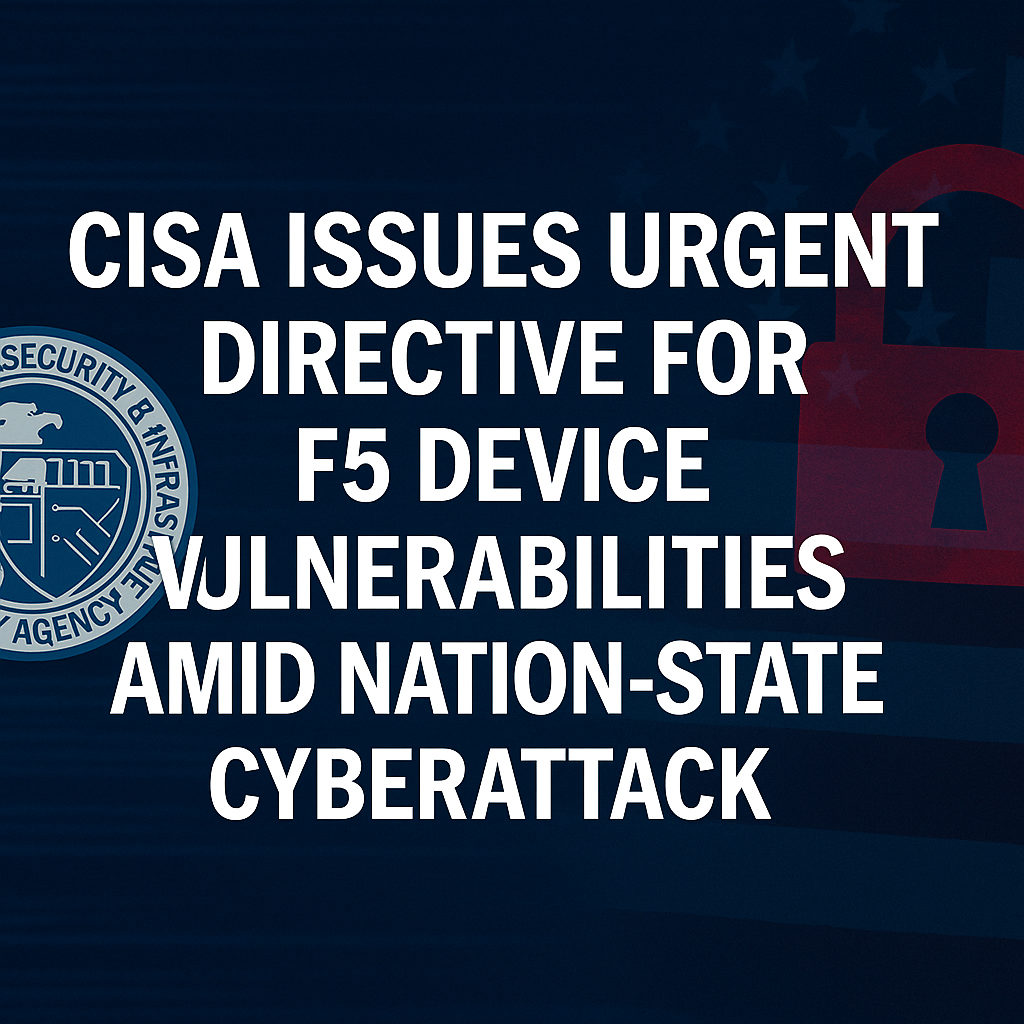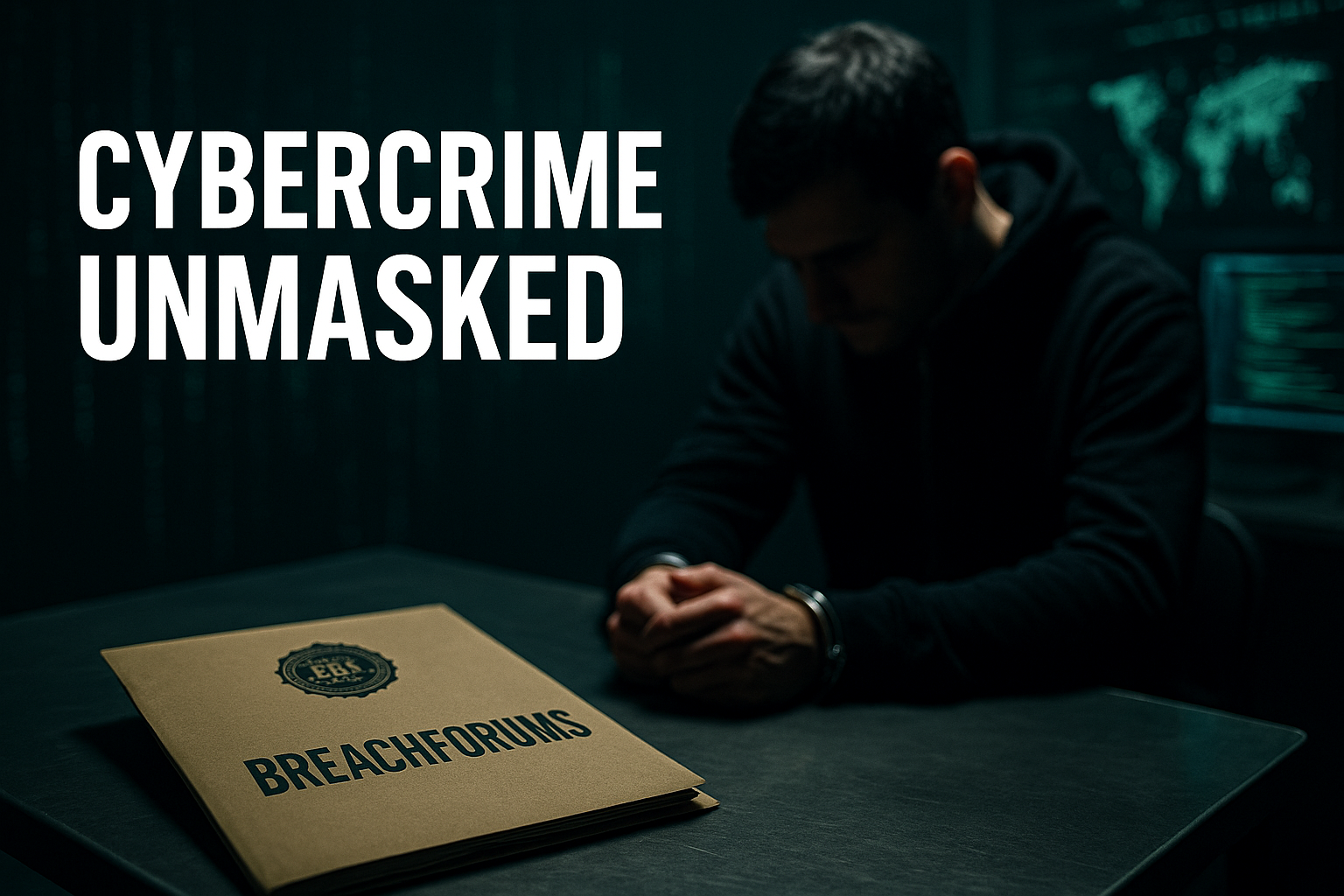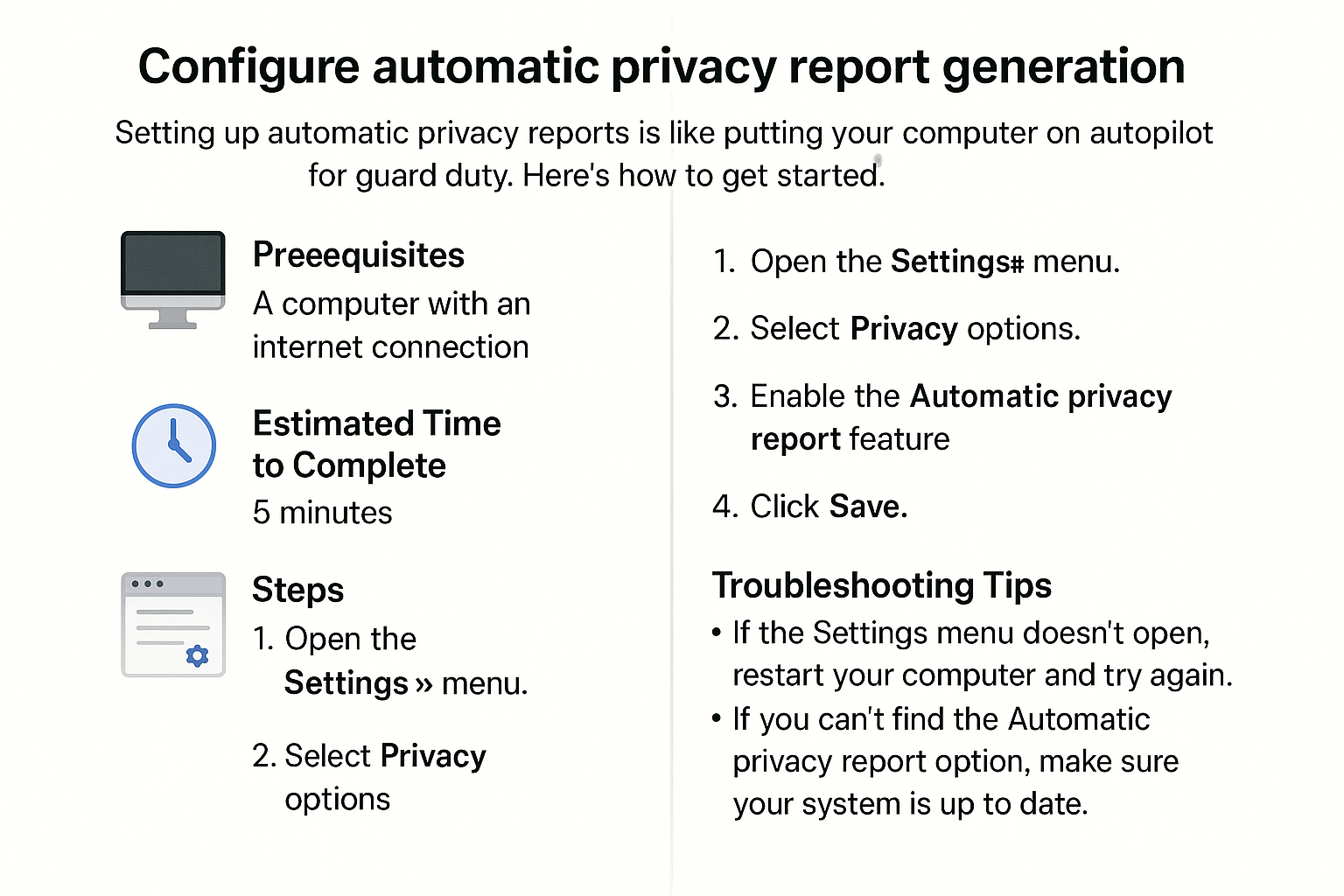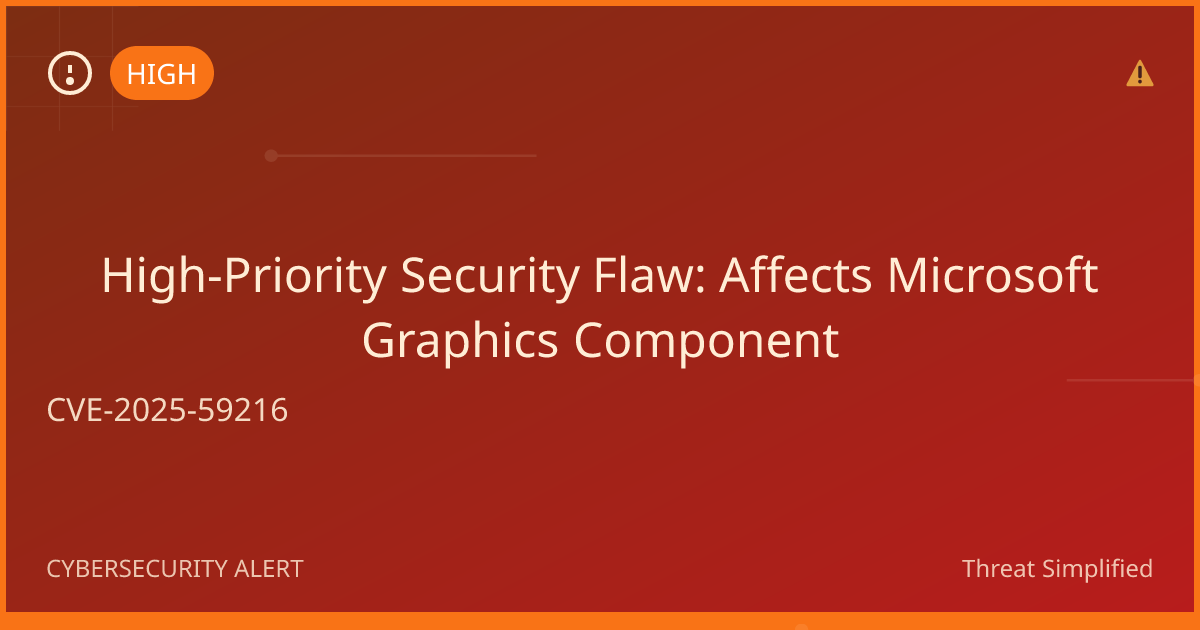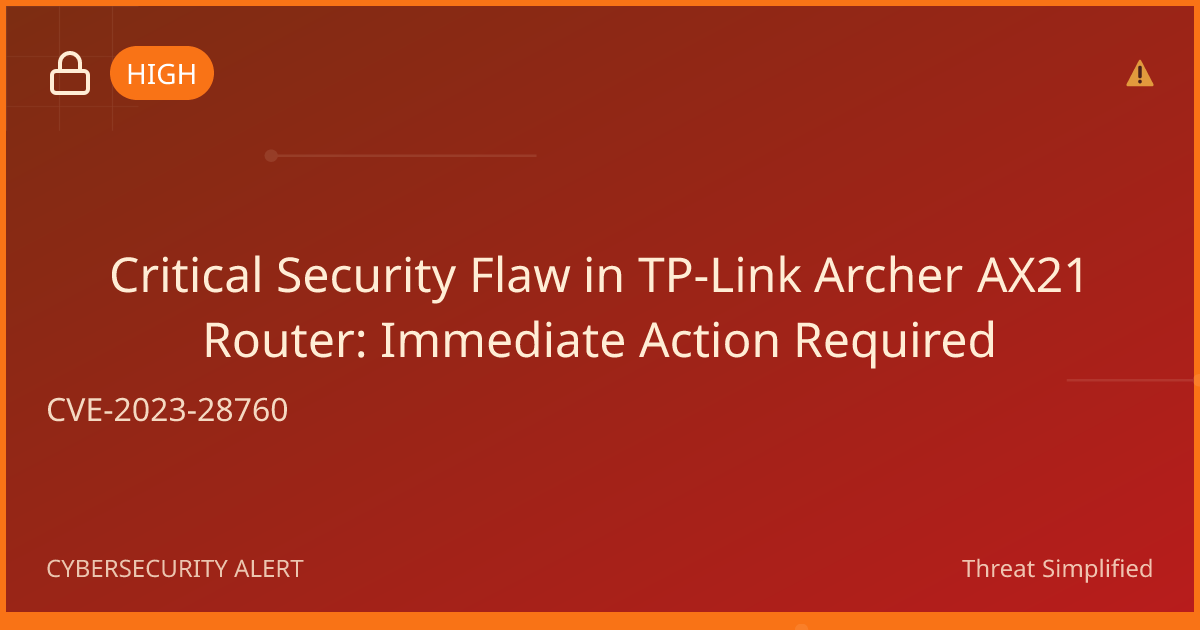Georgia Tech Research Corporation Settles Cybersecurity Violations for $875,000
In a troubling move for national security, the Georgia Tech Research Corporation (GTRC) has agreed to pay $875,000 to resolve allegations of failing to meet essential cybersecurity requirements under federal law. These failures were tied to contracts with the Air Force and the Defense Advanced Research Projects Agency (DARPA), processes that hold significant implications for the safety and integrity of sensitive government information.
Recent events have shown that cybersecurity breaches can lead to the exposure of sensitive data, potentially placing individuals and entire organizations at risk. Such vulnerabilities make it crucial for contractors, particularly those working with the Department of Defense (DoD), to adhere to robust cybersecurity practices. When these systems are not sufficiently fortified, it leads to catastrophic vulnerabilities, paving the way for malicious actors to adapt and infiltrate crucial networks.
This case centers around a lawsuit lodged against GTRC and its parent entity, the Georgia Institute of Technology, whose Astrolavos Lab conducted cybersecurity research for the DoD. Until December 2021, allegations surfaced that neither GTRC nor Georgia Tech had installed vital security measures, including anti-virus and anti-malware tools, on the lab's systems. Moreover, until February 2020, no comprehensive system security plan was in place that outlined the requisite cybersecurity controls expected by their contracts.
The United States has specifically noted that in December 2020, GTRC and Georgia Tech inaccurately reported a cybersecurity assessment score of 98, which they claimed applied campus-wide. This score was misleading, as it was based on a non-existent IT structure and did not accurately reflect any operational systems capable of processing sensitive defense information. Findings revealed that the obligation to uphold stringent cybersecurity standards was outlined in the National Institute of Standards and Technology Special Publication 800-171 (NIST SP 800-171), a requirement for all DoD contracts since 2017.
Cybersecurity requirements for contractors like GTRC are in place to protect sensitive government information from cyber threats. The NIST SP 800-171 framework mandates that companies implement fundamental security controls, ensuring their systems operate securely and reliably.
The failures cited in the allegations indicate that GTRC did not have necessary antivirus or malware tools installed on its systems, creating a significant risk for data breaches. Furthermore, submitting a false cybersecurity assessment score indicates potential dishonesty in reporting their capabilities, further undermining trust with the government.
This incident is not an isolated case. A number of situational parallels emerge when examining cybersecurity violations across the defense contracting landscape and beyond. In recent years, a series of high-profile cyber incidents, including attacks on SolarWinds and Microsoft Exchange, have underscored the risks associated with ill-prepared corporate environments. These incidents revealed that weak cybersecurity protocols can lead to widespread implications, affecting not just private companies, but also public institutions and individual citizens whose data might be compromised.
U.S. Attorney Theodore S. Hertzberg notes that diligence in cybersecurity practices is essential for safeguarding sensitive information against threats posed by malicious actors. It reflects a broader sentiment shared by authorities like Assistant Attorney General Brett A. Shumate, emphasizing that compliance with DoD cybersecurity standards must be prioritized. Cybersecurity experts also echo these sentiments, underscoring the importance of transparency, truthfulness, and accountability regarding security practices within contracts.
The ramifications of this settlement extend beyond just a monetary penalty for GTRC. This case serves as a stark reminder of the responsibility that contractors have in managing sensitive information for the federal government. Any lapses can have severe repercussions not only for governmental operations but also for the safety and security of citizens. A breach could lead to the exposure of classified information, making it an urgent issue that citizens must take seriously.
As ordinary users, consumers should remain vigilant about their own cybersecurity practices, even as they read about these breaches. Important tips include:
- Regularly update software and operating systems to patch vulnerabilities.
- Utilize multi-factor authentication (MFA) wherever possible to secure accounts.
- Employ robust, unique passwords that are regularly changed.
- Back up data frequently, ensuring protection against potential breaches or loss.
- Stay informed about ongoing incidents and adjust personal cybersecurity practices accordingly.
The settlement of $875,000 paid by GTRC serves as a significant case demonstrating the importance of rigorous cybersecurity protocols for companies working with the U.S. government. With the looming threat of cyber attacks, agencies and contractors alike must remain vigilant and accountable in safeguarding sensitive information. As these allegations illustrate, failures in cybersecurity not only threaten important national interests but also jeopardize public trust in how these entities manage sensitive information.
References
- Department of Justice Press Release – September 30, 2025
- National Institute of Standards and Technology (NIST) Special Publication 800-171
- Cyber Defense and the Role of Contractors, U.S. Department of Defense and related documents.

